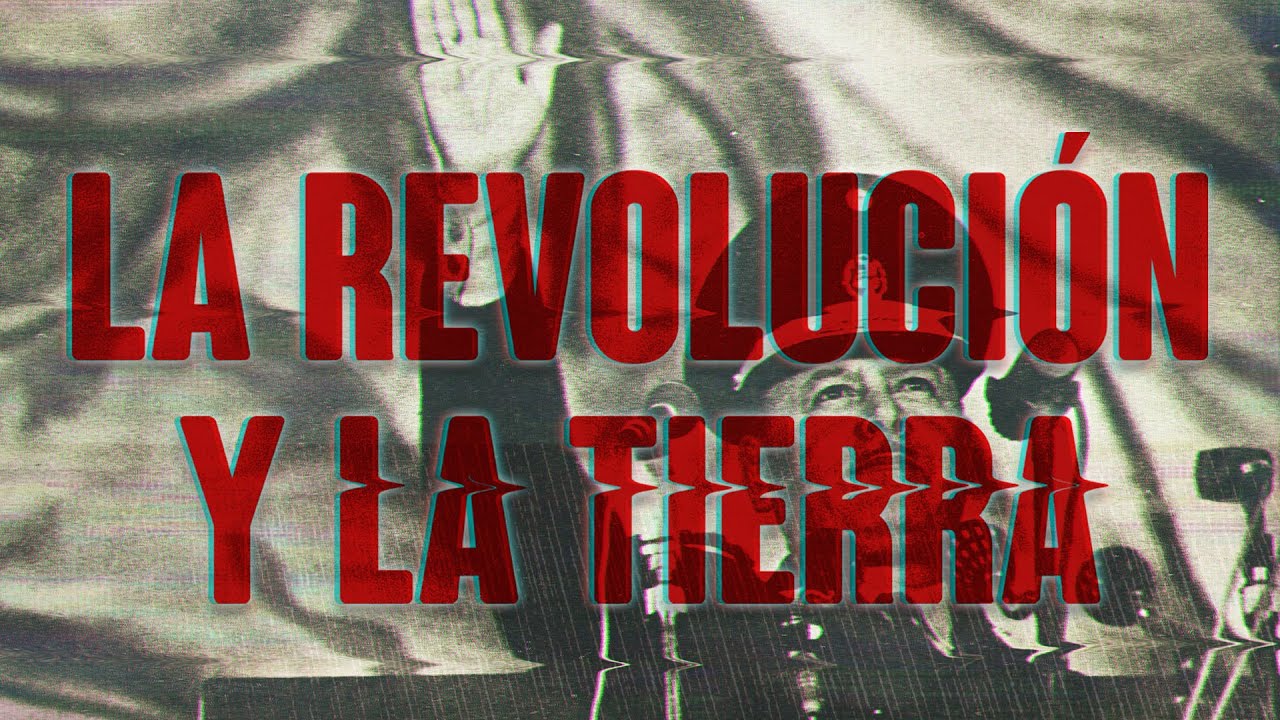
'La Revolución y la Tierra' the most watched documentary in Peruvian cinema and most played during its election campaign
The Peruvian documentary that shows part of the history untold in books has become the most watched and shared on YouTube.
La Revolución y la Tierra is the most watched documentary in the history of Peruvian cinema, and now it is also the "most pirated". The reproductions on Youtube during the electoral campaign reached over 100,000 views in a single day after the state channel decided to reschedule its premiere on open television after receiving complaints from the most conservative sectors of the country.
The documentary La Revolución y la Tierra has been a four-year research work by director Gonzalo Benavente and shows the arrival of Juan Velasco Alvarado to power to establish the Agrarian Reform in 1969, a part of history that according to the film's director himself, it is convenient for many politicians that Peruvians do not know. "History is never written in stone. It is always a battlefield and, unfortunately, it has been used in a self-serving way by many political groups throughout our Republic.
"It is in the interest of many that we do not know our history," he says.
RELATED CONTENT
"We do not hide the fact that it is a political documentary. However, it is not partisan, in the sense that it does not support any particular candidate or political party."
The film had an overwhelming acceptance during its screening in theaters around the country and broke the record of permanence in theaters nationwide. The state television channel, in its commitment to broadcast Peruvian films, announced the premier date of the documentary as April 4. However, days before, the director was informed that the premiere would be postponed. TV Peru called Benavente to announce that the premiere would be moved to April 18, one week after the 2021 presidential elections.
According to the film's director himself, the decision was taken due to "pressure from certain people who had felt offended or alluded to and who felt that the broadcast of the film was projected towards the presidential candidacy of Verónika Mendoza (leftist candidate of Juntos por el Perú)". In response to this questioning, Benavente clarified that the film speaks of "freedom, equality, universal vote and recognition of citizenship".
The production team of the documentary had announced the premiere on social networks and upon learning of the rescheduling, many people on networks questioned the decision and labeled it censorship. "That TV Perú wants to silence this prior to a presidential election is a discrimination and a previous manipulation by someone who does not want one version of the history to be known so that another is left in the air," said the filmmaker.
During Holy Week and after learning of the postponement of the documentary, many users in networks have shared unofficial online copies of the film. "We have not authorized any broadcast, but there have been many spontaneous people who, outraged by the change of date, suggested showing it in other ways. There is no questioning the affection people have for the film. We will always be grateful for it," explained Benavente.
The testimonies and the history told in the film appeal to a large part of the Peruvian population, of indigenous and peasant origins, who feel that their version of history has been silenced. "Many people have felt frustrated because, for the first time, they have seen a film that spoke of their origin and their family heritage, which was not that of the landowner, but of Quechua-speaking peasants whose parents were able to go to school and their parents to university thanks to the agrarian reform," said Benavente.


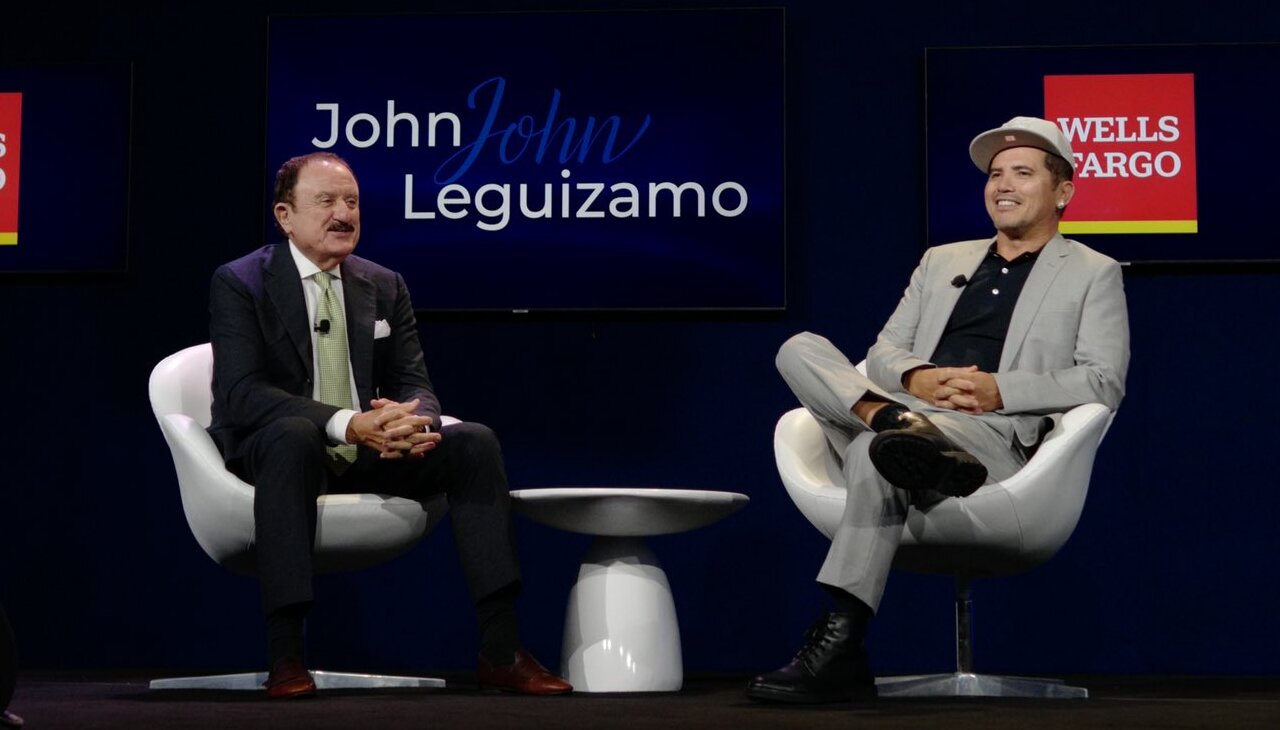
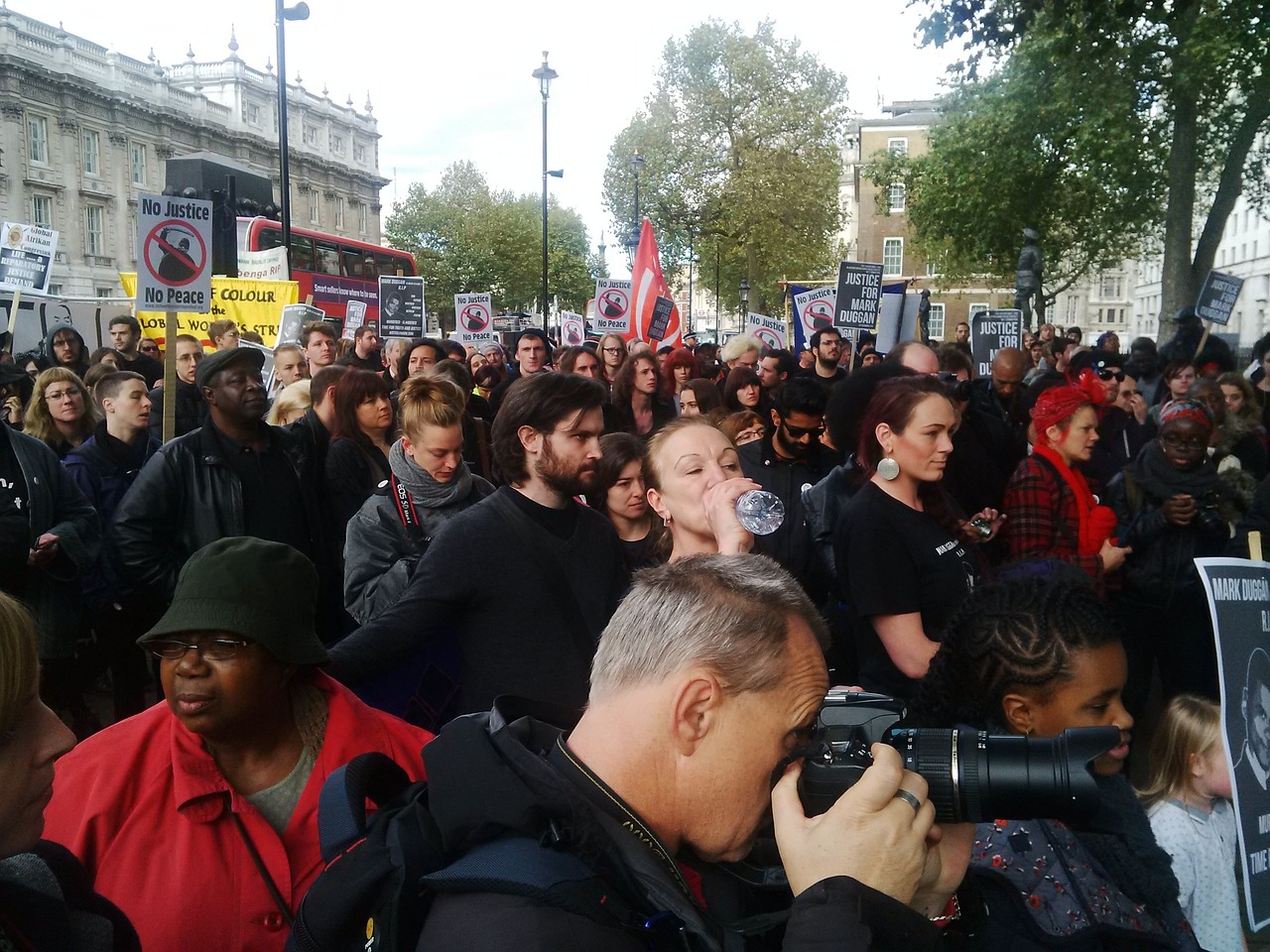

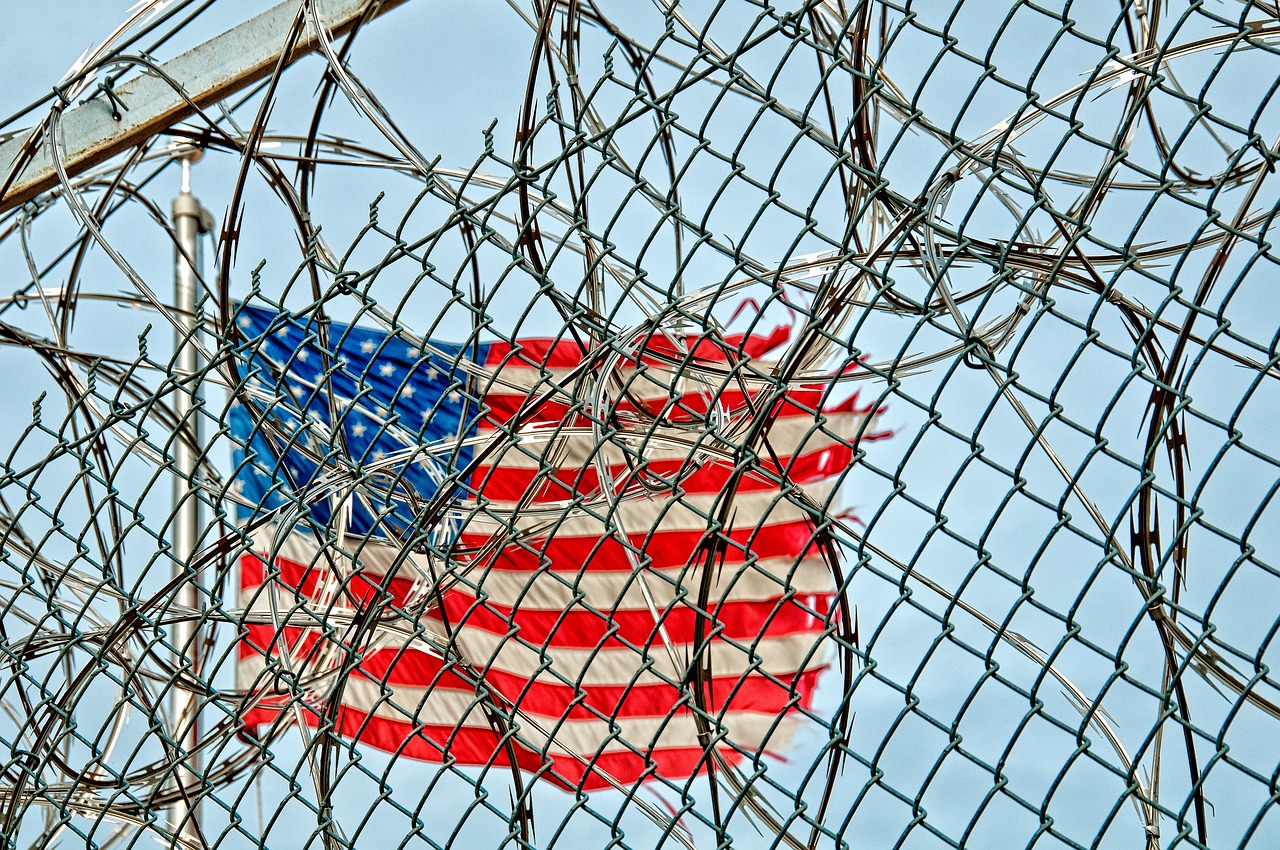

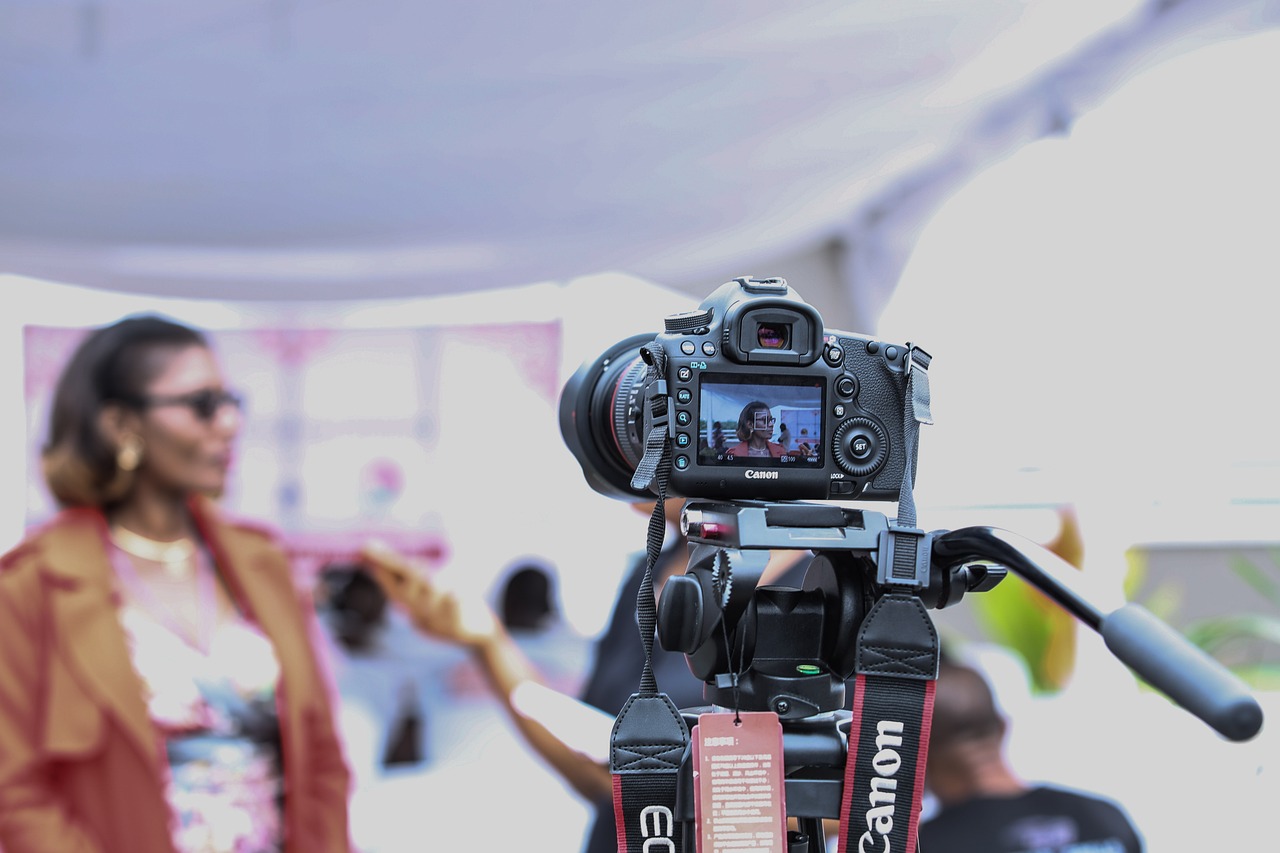

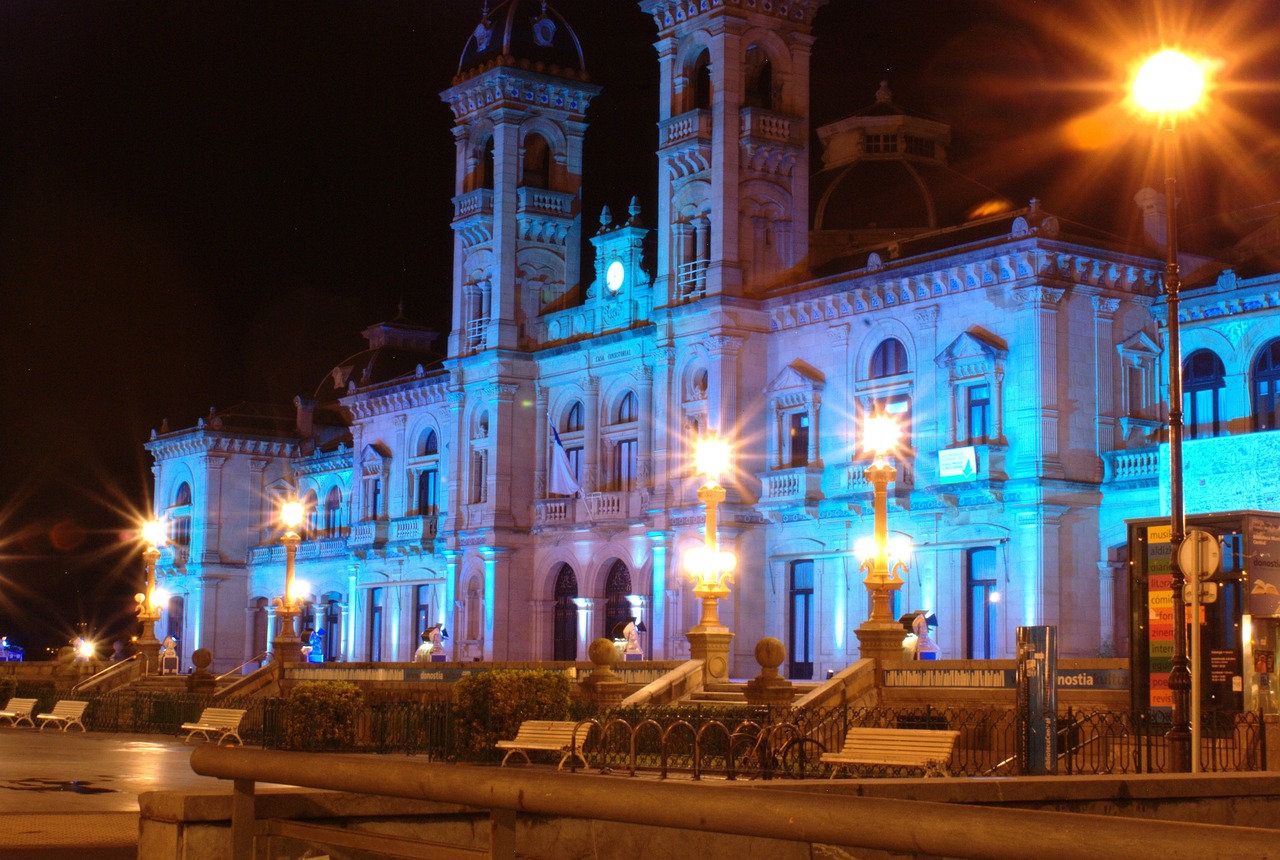

LEAVE A COMMENT:
Join the discussion! Leave a comment.